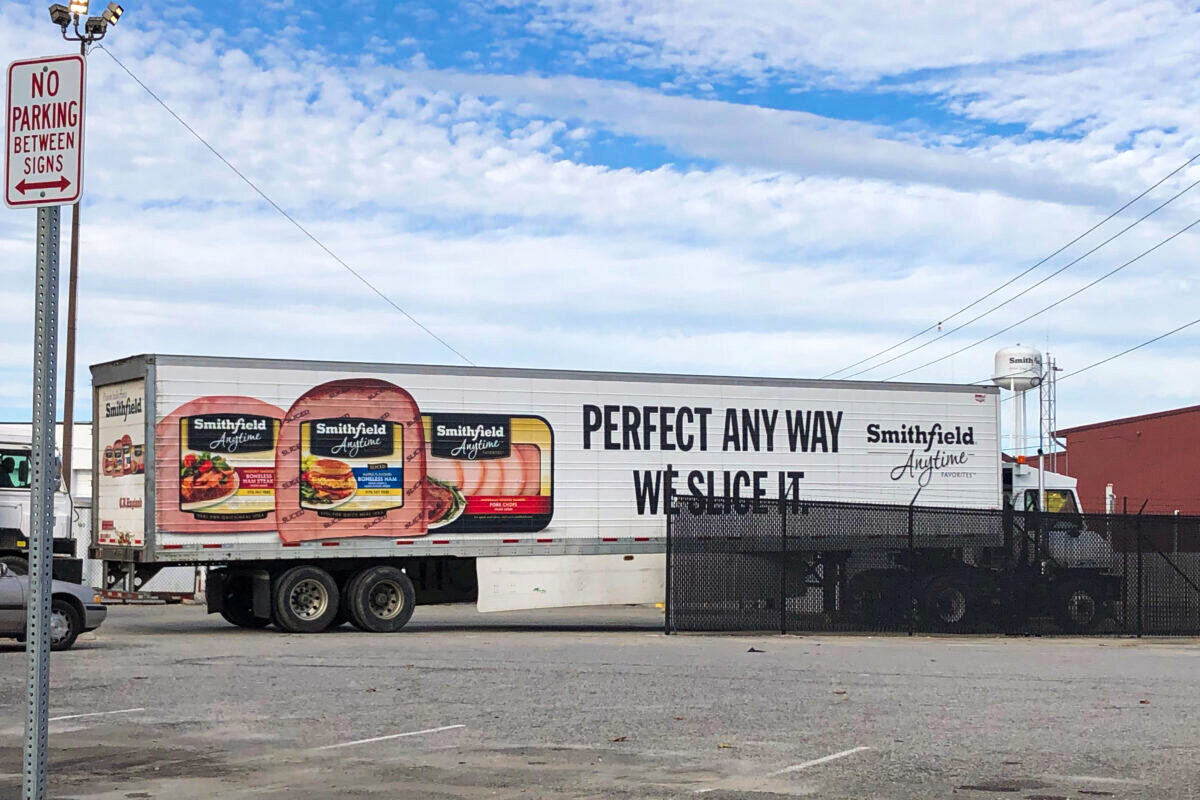USDA regulations and limited competition in meat packing threaten food supply, warn farmers.
Breaking the Meat Monopoly: Farmers Call for Competition in Processing Industry
Did you know that four corporations process most of the meat sold in the United States, and two of them are based in other countries? American farmers say it’s time to promote competition in the meat processing industry by changing the rules to allow farmers to deal with small local processors.
“We are in a fight for our lives.”
Greg Gunthorp testified before the House Judiciary’s Subcommittee on the Administrative State, Regulatory Reform, and Antitrust, stating that the Department of Justice, the USDA, and the Federal Trade Commission have been on vacation since the 1970s on antitrust issues.
The Meat Monopoly
According to Subcommittee Chair Rep. Thomas Massie (R-Ky.), Tyson Foods, Cargill, JBS, and Seaboard process 85 percent of the beef, 70 percent of the pork, and 54 percent of chicken in the United States.

Under federal law, farmers and ranchers can only sell meat processed at facilities with a USDA inspector on-site, so they often have to travel great distances, even though there are local slaughterhouses in their communities. Farmers often have to make an appointment months or even years in advance.
This can create bottlenecks in the system that raises prices and endangers the food supply, Massie said. This was especially evident during the pandemic.
In a perplexing twist of the law, while farmers cannot sell the meat they produce to their friends or neighbors, they can give it away for personal, household, guest, and employee use. Grocery stores, restaurants, and direct sales to consumers are off-limits.
The PRIME Act
Rep. Thomas Massie (R-Ky.) introduced the Processing Revival and Intrastate Meat Exemption (PRIME) Act in 2019 to promote competition. The Act would expand commercial markets to include the four exceptions and hotels and boarding houses within the same state as the processor.
Massie said the USDA regularly inspects existing processors, and states can set their own standards. So, food safety should not be compromised.
“It’s a discriminatory, regulatory issue,” said Joel Salatin, co-owner of Polyface Farm in Swoope, Virginia. “Few human decisions speak to freedom like making the decision about what we swallow.”
He pointed out that small processors don’t have the resources or influence to argue with Food Safety Inspection Service (FSIS) inspectors like large corporations do. So, they usually go along. Arguing with an inspector can cause trouble, he said.
Firsthand Experience With USDA
Rosanna Bauman, co-owner and general manager of Bauman’s Cedar Valley Farm near Garnett, Kansas, has firsthand experience with the USDA. Her family-run businesses are involved in all aspects of production. They raise chicken, beef, pork, and lamb on their farm. They also slaughter and process the meat in their USDA-inspected facility. The Baumans then sell the meat through their website and from their butcher shop in Kansas.
Bauman told the subcommittee that she disagreed with an “overly aggressive” FSIS supervisor last summer. She said a relatively minor matter would have been resolved with a larger business in a few hours. However, she said that because s
" Conservative News Daily does not always share or support the views and opinions expressed here; they are just those of the writer."





Now loading...